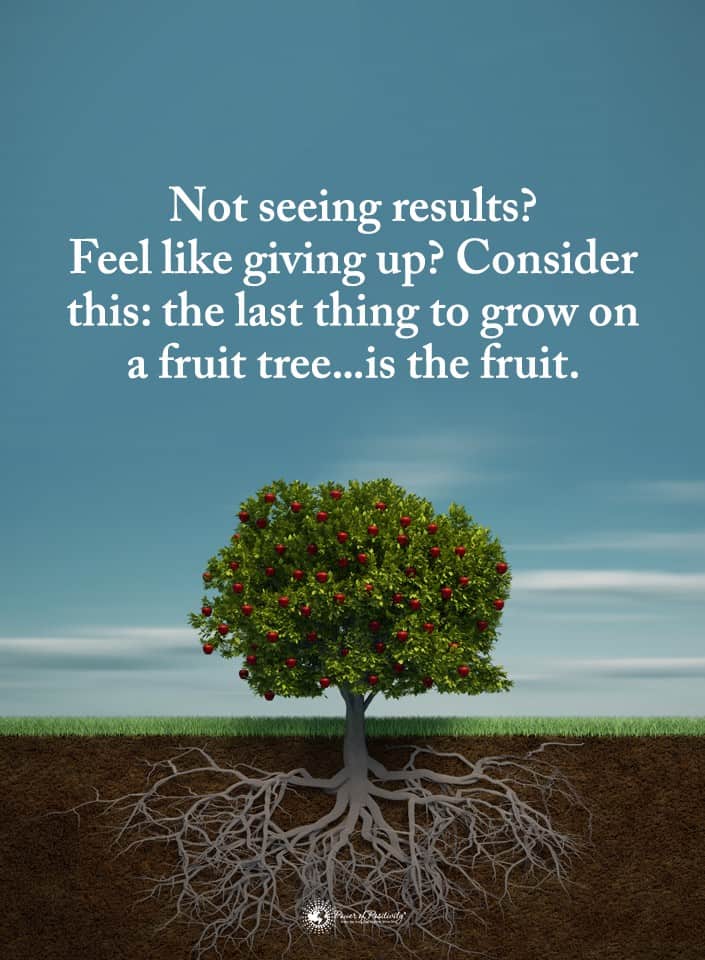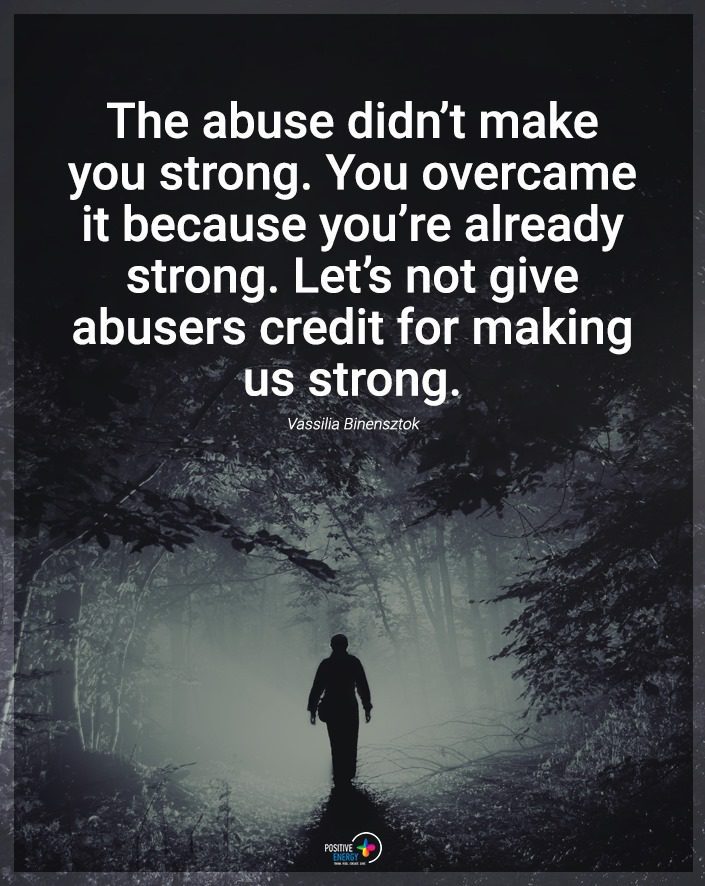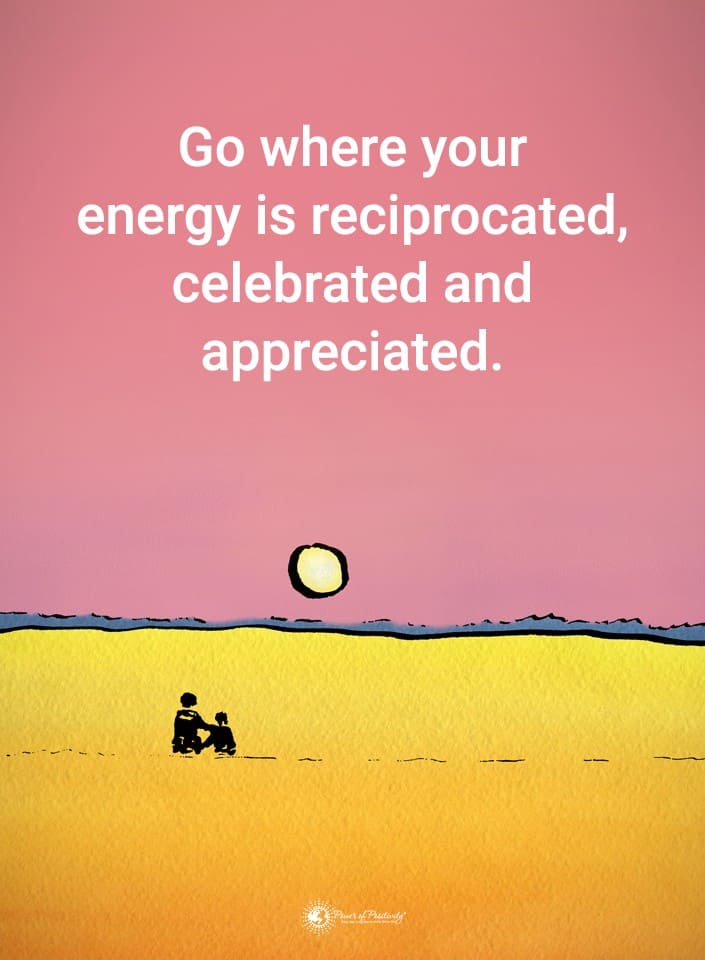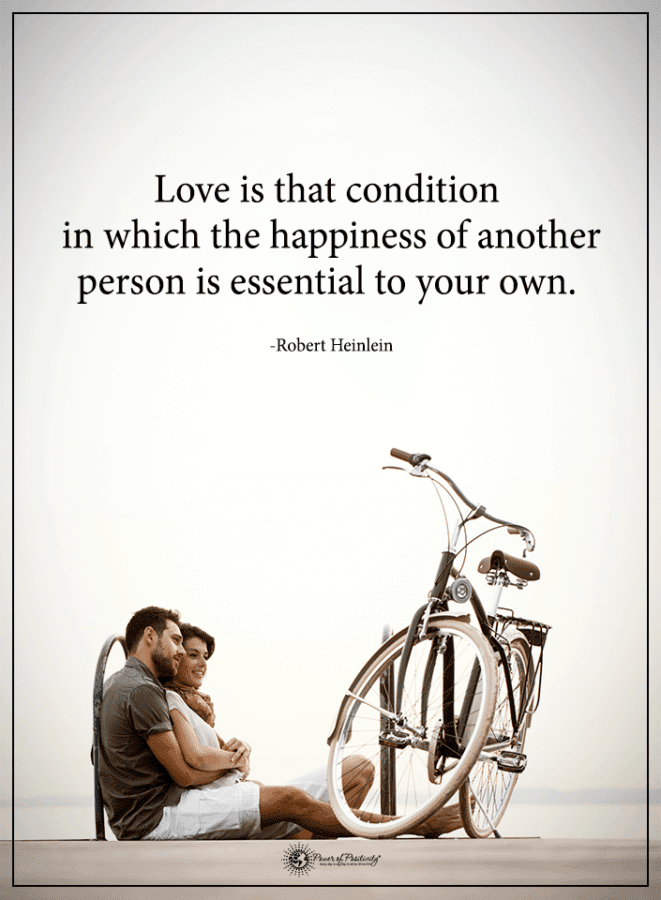Too many in society today obsess over their body image, striving for perfection. Panic can ensue at even minor weight gain–at the expense of your mental well-being.
Why? Our society is infatuated with body image. The next time you’re at the store, pick up (don’t purchase, please!) a tabloid newspaper or some senseless magazine and flip through the pages.
Shirts off? Bikini shots? Cellulite? All the above?
Yeah, that’s the type of nonsense millions of people consume each day they log in to their favorite apps.
Never mind that photographers probably edited or applied filters to those images. Never mind, these stores are illusions – a fake world. A world that makes us want more. Consume more. Buy more. Have more. Welcome to the mindless world of mass media.
See, the people who head up these companies aren’t interested in facts. No, they care about a little thing called clicks.
They care about the number of people who ultimately check out with their hastily-produced garbage. (Which “happen” to be placed at the checkout counters.)
The result of all this misinformation? Ignorance – about body shape, dieting, exercise, and what we “should” do or not do.
The Consequences of Obsessing Over Weight Gain
Let’s use a fictional illustration as an example. Suzy is a bright, sweet 14-year-old girl who’s moderately overweight. Some of her classmates – and even some of her friends – poke fun at her. As a result, her self-esteem has hit, and she’s a bit depressed.
While visiting the local library, Suzy stumbles upon a magazine with the words “Lose 15 pounds in 30 days!” she moves on. “Too good to be true,” she wisely says to herself.
The teasing continues, and Suzy breaks down. She’s now desperate for answers, willing to try anything.
She doesn’t bother heading back to the library. She takes five dollars out of her savings drawer and buys the publication at the local supermarket. Suzy diligently works the “program” – in the end, she loses little, if any, weight. The cycle continues.
The “lesson” about weight gain
Sadly, there are millions of Suzy’s in the world. From childhood to adolescence and beyond, we view this input daily. Bear in mind that the “mature” brain isn’t formed until around age 25, according to new research. Can you imagine the toll this weight loss crap has on our kids?
While our adult ‘B.S. meter’ is finely-tuned, we’re not immune to misinformation, exaggerated claims, and false promises either. Food and exercise are not the only things that contribute to one’s weight. Genetics, health problems, age, and gender all play a part. And this isn’t even half of it!
15 Hidden Causes of Weight Gain (and how to fix each!)
Of course, you must balance a healthy self-image and reaping the health benefits of reaching your ideal weight. No judgment here! But knowing these causes of weight gain can help you drop a few pounds if you choose.
1. “Low-Fat” Foods
Nutrition scientist Lisa Miles: “In some cases, low-fat foods contain high sugar levels. High sugar foods can also contain many calories and contribute to weight gain.”
Fix: Read the labels. Pay attention to the calories and sugar. Many “low-fat” foods have more than alternatives.
2. Weight Gain Goes With Too Much Sitting
Television is the main reason behind a sedentary (inactive) lifestyle. We’re also more likely to snack on unhealthy foods while watching the tube.
Fix: Rethink your ‘couch time.’ Make a two-part pact with yourself: (1) for every hour of watching T.V. You must do 15 minutes of exercise. (2) You must drink 16 ounces of water for each hour of T.V. time. You’ll be surprised at the results.
3. Burning the Midnight Oil Might Cause Weight Gain
Research shows that lack of sleep can contribute to weight gain.
According to Michael Braus, Ph.D., a sleep specialist: “The more sleep-deprived you are, the higher your levels of the stress hormone cortisol, which increases your appetite.”
Fix: Get 7-9 hours of shut-eye each night. Indeed, it would be best if you were getting no more and no less than this number of sleep per night. The National Sleep Foundation (NSF) has repeatedly confirmed this time allowance for rest.
4. Increasing Portions
The World Cancer Research Fund (WCRF) study has found that hamburgers have doubled in size since 1980.
It is not just burgers, either. Of course, portion sizes of pretty much everything – excluding vegetables and fruits – have increased in supermarkets and restaurants.
Speaking of 1980: “4.8 percent of men and 7.9 percent of women were obese.”
These rates have since doubled.
Fix: Aim for fullness, choosing foods with high fiber and lean protein.
5. Medications
Some prescription drugs – such as those used to treat depression, high blood pressure, diabetes, and seizures, can add on some sneaky LBS/KG’s!
Fix: First, do not abruptly quit a medication without consulting your doctor or health professional. Inquire about tapering or slowly weaning off of the drug. If this is not possible, inquire about weight-neutral alternatives. Most importantly, seek a second opinion!
6. Stress Contributes to Weight Gain
Cynthia Sass, MPH, and Registered Dietitian, writes:
“We’ve known for a while that stress is connected to weight gain because a high level of the stress hormone cortisol has been shown to up appetite, drive cravings for junk food, and make it oh so much easier to accumulate belly fat.”
Recent studies also show that stress can screw with your metabolism—a double-whammy.
Fix: Learn a quick breathing exercise. Find somewhere comfortable to sit. Sit in an erect posture and bring your chest forward, allowing your shoulders to fall back. Relax your gaze and rest your hands on your lap. Breathe with your abdomen, allowing your belly to expand on inhalation and contract on expiration.
Inhale through your nose to the count of four. Exhale to the count of six. Believe us; this is magic when done correctly. (There’s a bunch of science behind ‘diaphragmic breathing,’ too!)
7. Dieting
Piles of research show that dieting is not the answer. Why?
- Most people (over 90 percent) regain their original weight within a year.
- Weight fluctuation is terrible for your mental and physical health.
- An increased risk of diabetes, heart disease, and high blood pressure.
Fix: Lifestyle it. “It’s a lifestyle” is super cliché and annoying, but also super true. Change your lifestyle by starting small. Eventually, you will exercise habitually, lay off the processed crap, and become a healthier you! And be gentle with your self-discipline. You’ll get there!

8. Artificial Sweeteners
Many of those trying to lose weight opt for artificial sweeteners because they’re calorie-free. However, artificial sweeteners can cause you to gain weight. While you might think diet soda is the way to go, it won’t help with your weight loss efforts.
Fix: Instead, drink fortified water or other healthy beverages. You can also sweeten things using natural ingredients that don’t contain additives.
9. Eating Too Quickly Can Cause Weight Gain
Take your time while eating because eating too fast can cause weight gain. If you take less than 20 minutes to eat a meal, try to slow down next time. Eating too fast can cause you to take in more calories as it takes your mind twenty minutes to receive the signal that you’re satisfied.
Fix: If you struggle to eat slower, try to center yourself before it’s time to eat. Take a few deep breaths so you can feel calm while you eat. Sitting your utensil down between bites will also help you eat slower. If possible, socialize while you eat. It forces you to take breaks between bites, allowing you to eat slower and process when you’re getting full.
When you’re snacking, eat one piece at a time. Don’t grab a handful, even if you tell yourself you’ll eat it slowly. Pick up one piece at a time, and don’t rush to grab another.
10. Being Afraid to Say No
When someone asks if you want a treat, or pushes you to consume high-calorie food, don’t be afraid to say no. Your good manners might be a hidden cause of weight gain. Once you say no, stick to that answer and don’t cave no matter how many times they ask.
Fix: Don’t be afraid to leave food on your plate in social situations. Even if someone else took the time to make the food, you don’t have to finish every bite. It’s easy to go overboard when you’re afraid of offending someone, but you don’t have to.
When you regularly stick to your answer and stop eating when you’re satisfied, people will get used to it. They might push you at first, but eventually, they’ll know it’s normal for you. It won’t take them long to learn to respect your decision and stop trying to force you.
11. Hypoactive Thyroid
Your thyroid is essential for hormone regulation and using energy for good. When the levels are low, it means that your thyroid is underactive. If this happens to you, it can be challenging to lose weight, and you might quickly gain.
Fix: Seek your doctor’s advice. A hypoactive thyroid requires medical treatment, so you’ll want to see a doctor immediately. If you think you might have an underactive thyroid, you might also experience the following symptoms:
- Dry skin
- Depression
- Frequently feeling cold
- Hair loss
- Constipation
- Low energy
12. Alcohol Intake
Alcohol has lots of calories, but research shows that’s not the only reason it can cause weight gain. When you consume it in large amounts, it makes your body less able to burn fat. It also interferes with your ability to sense that you’re full, so you’re more likely to overeat.
Fix: Limit (or eliminate) your alcohol consumption for better health and to stop this sneaky weight gain.
13. Going Through Menopause
There are a few reasons going through menopause can cause weight gain. Your body produces less estrogen during menopause, causing more fat to form around your belly.
Sleep problems, mood swings, and hot flashes interfere with regular exercise and healthy eating. You won’t feel like getting moving, and you’re more likely to reach for sugary food when you’re tired.
Fix: Talk with your doctor about how you can stabilize your hormones during this phase of your life.
14. Retaining Fluid
When your body retains water, it can cause weight gain. Women with premenstrual syndrome often experience this situation, with the increase occurring several days before their period. Some other reasons for fluid retention include:
- Too much salt
- Hormone replacement therapy
- Standing for too long
- Blood pressure medication
- Health conditions
Fix: To prevent or alleviate fluid retention, start drinking more water to flush your system. Additionally, cut back on salt, and make sure to move around throughout the day. If the retention doesn’t ease within a few days, see a doctor to rule out health conditions.
15. Frequently Eating Out Causes Weight Gain
When you eat out, the meals are often larger portion sizes, causing you to take in extra calories. Plus, the meals are full of saturated fats and salt. While the food might be delicious, it leads to you gaining weight while also filling your body with unhealthy ingredients.
Fix: Request a take-away box to come to the table with your food. Before you start eating, divide up half and put it in the box to enjoy another meal.
Breaking the Habits That Cause Weight Gain
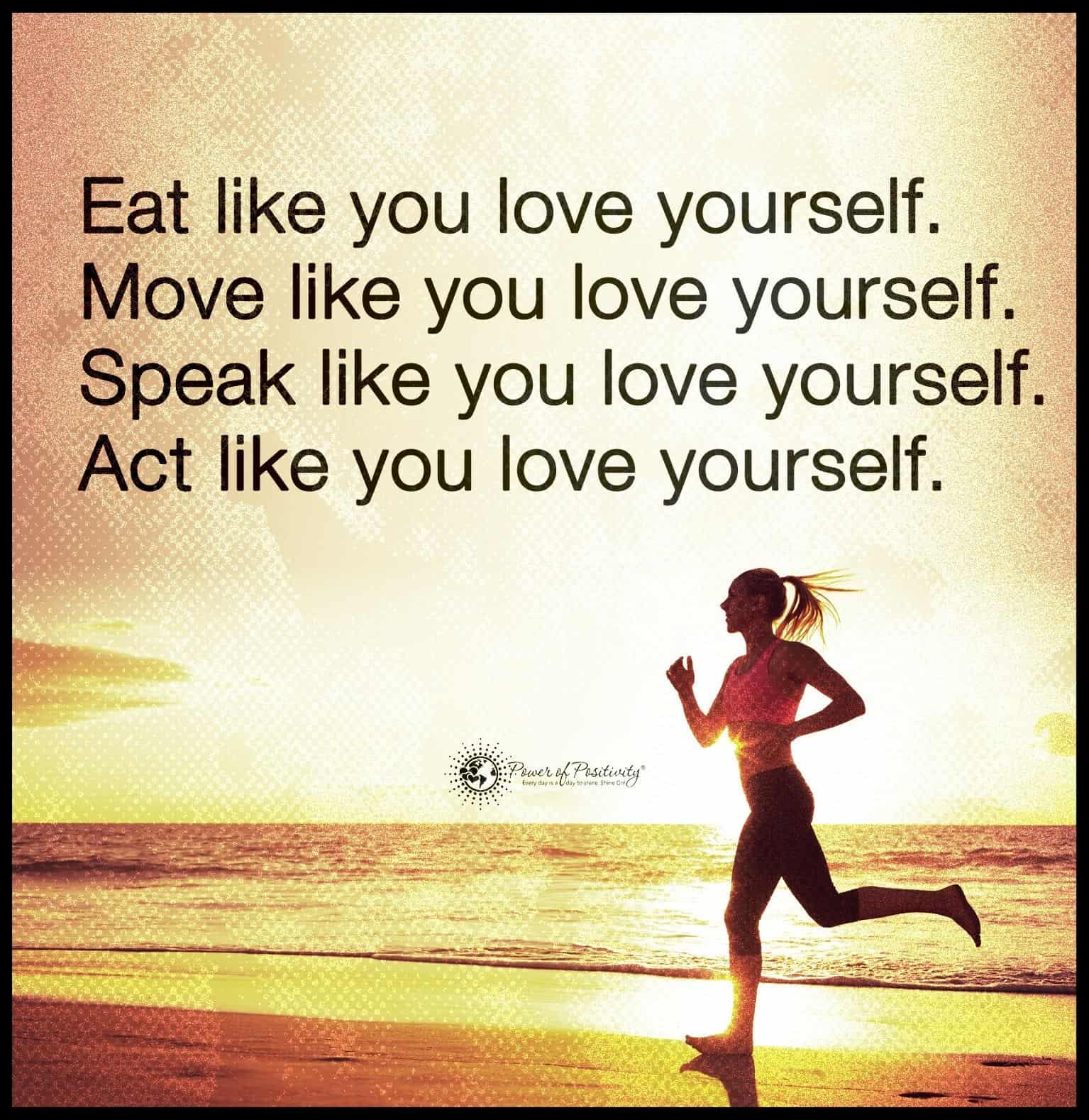
If you experience any hidden causes of weight gain, it’s time to make a beneficial change. Start by breaking the habits that cause you to gain weight, and then form new habits to replace them.
Change the Way You Think
Rather than telling yourself that you’re going on a diet, try to think of the situation differently. Instead, tell yourself that you’re implementing healthier habits. This shift in your thought process gives you a better chance of breaking your bad habits.
When you change the way you think, it becomes a lifestyle change instead of only being temporary. You’ll form beneficial habits that last a lifetime.
Don’t Rely Solely on Self-Control
Many people think that maintaining or losing weight requires willpower. However, you can’t rely on willpower alone because you’ll break at some point. Your best bet is to eliminate as many desires as possible, helping you develop good habits without fighting temptation.
Take some time to think about your biggest triggers, and you can learn to avoid them. Removing them from your life prevents you from giving in, but it also stops you from stressing about the trigger.
If you have them in your home, get rid of them so that your willpower doesn’t break during a moment of weakness. Likewise, if the vending machines at your work get you every time, stop walking past them. Avoid the break room if you know you can’t pass on the donuts or other snacks inside.
Work For Your Treats
If you want to have a treat, make yourself do something beneficial first. For example, go to the gym to earn a chocolate bar. Or, go for a walk if you want to eat take out for dinner that night.
When you make yourself do something beneficial before consuming something unhealthy, it’ll help you form good habits. It forces you to do things you might not want to do, helping you look forward to it and get it done.
Give Yourself Visual Reminders
Sometimes a visual reminder is all it takes to help you break bad habits. Write on a sticky note and put it on your mirror to remind yourself to start the day on a positive note.
Another idea is to leave fruits and vegetables on your counter, so you see them each time you walk into the kitchen. When you see the healthy options first, you’ll be more likely to choose them over other foods.
Force Yourself to Walk Farther
Forcing yourself to walk gets you moving and ensures you don’t stay sedentary. Park farther away at the grocery store so that you have to get more distance in. If you live close enough, consider walking to the store and leaving your car at home.
When you continually make yourself walk farther, it’ll become a beneficial habit in your life. Consistency is essential, so force yourself even when you don’t feel like it.
Avoid Mindless Munching
When you eat while doing another activity, it’s considered mindless munching. Anytime you eat, you should be mindful and pay attention to your intake.
Put your phone down, turn the TV off, or pull the car over. These activities stand in your way of mindful eating and can cause you to gain weight.
Another way to avoid mindless munching is to stop eating straight from a container. Don’t eat while standing in front of the pantry or refrigerator, either, as it causes overeating. It’s best to measure portion sizes, allowing you to know when you’re done rather than guessing or reaching for a little more.
Eliminate Sugary Beverages
Aside from the taste, there are no benefits to sugary beverages. You don’t need them for the taste, either, as you can find other delicious sugar-free drinks. Even one soda a day can cause weight gain, so it’s best to avoid it entirely.
Water is your best option, and you can infuse it with fruit to make it taste better. Unsweetened teas are also a good option, and you can sweeten them naturally. Be wary of coffee creamer, too, because many contain lots of sugar.
Fill Up on Vegetables
When you fill up on vegetables, you don’t have as much room left for junk food. If you aren’t used to eating many veggies, you can start small and incorporate them into one meal. Start with lunch, and add them to another meal each week.
Eat the vegetables at the beginning of your meal, and you won’t have to fill up on carbs and sugars. You’ll end up eating fewer calories and avoiding weight gain.
Don’t Take Random Bites
If you have kids, you might want to finish the last bit of their food. Or, if there’s only a little bit of dessert left at a party, you might justify having a taste. However, every time you take random bites, it increases your calorie intake.
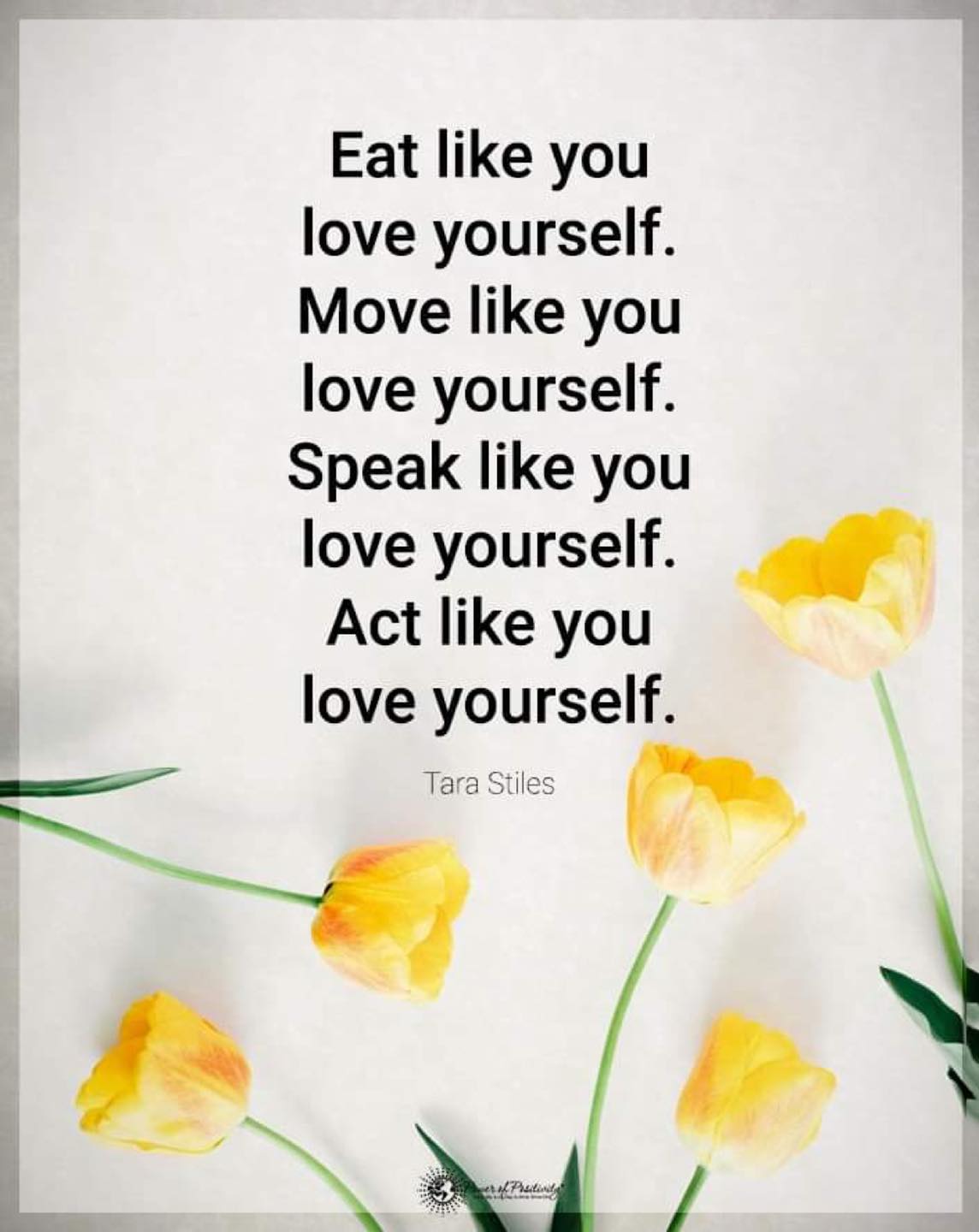
Final Thoughts on the Hidden Causes of Weight Gain
You might be surprised to know all of the hidden causes of weight gain. Once you know the issues, you can work to correct them in your life. Eliminate bad habits and develop a healthier lifestyle.
When you make beneficial changes, you’ll begin losing or maintaining weight. Plus, you’ll feel better overall when you take in more nutrition and eliminate unhealthy ingredients. In the meantime, take care of yourself and your mental health. Be sure you are trying to lose these extra pounds for the right reasons–better physical health and increased energy–and not because of some unfair societal standard. Understand how to reverse your weight gain because you LOVE yourself.

